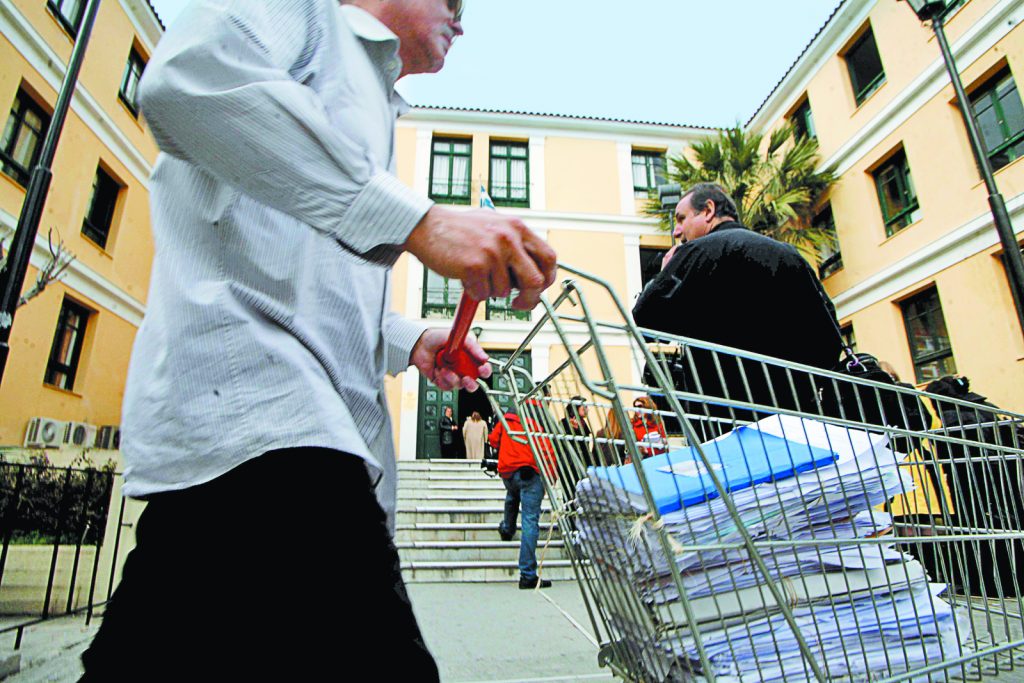In a regular country, in which institutions work and are respected by all, a major foreign policy issue, such as the naming of the Former Yugoslav Republic of Macedonia, is not transformed into an arena of vulgar clashes and demagogic confrontations.
The competent government discusses the issue and briefs responsible opposition parties, seeking understanding and consensus, and not divisive disputes.
Unfortunately, in our country, we have managed not only to avoid discussing the self-evident, but also have lowered the level of the political debate.
At a moment when negotiations with our neighbouring country are entering a crtitical juncture, which will determine whether an issue that has bedeviled us for over 25 years can finally be resolved, the government is doing whatever it can to torpedo the political climate.
It is beyond any sense of democratic practice for a prime minister, after being apprised of the situation by the foreign minister, to visit the archbishop and to brief him, while completely ignoring opposition leaders.
Naturally, this is no coincidence, as from the very beginning of negotiations the government chose to keep the opposition in the dark and to constantly attempt to transcend the internal problems of the ruling coalition with barbs and attacks on the opposition.
In a secular, democratic state, the church has its discrete role, and those who serve it are entitled to their opinions, but they cannot seek roles that do not befit them or belong to them. We have paid dearly for similar interventions in the past.
Whether some people like it or not, the responsibility of governing the country belongs to its political leadership. It belongs neither to bishops, nor to various associations or groups of supporters.
It is unacceptable for some people to be characterised as more patriotic than others, and to attempt to impose their will on everyone else.
In Greece, however, we consume more history than we produce.
National politics cannot be conducted with shrieks, or with banners and drums.
What we need is greater prudence and self-knowledge, and less divisiveness.




